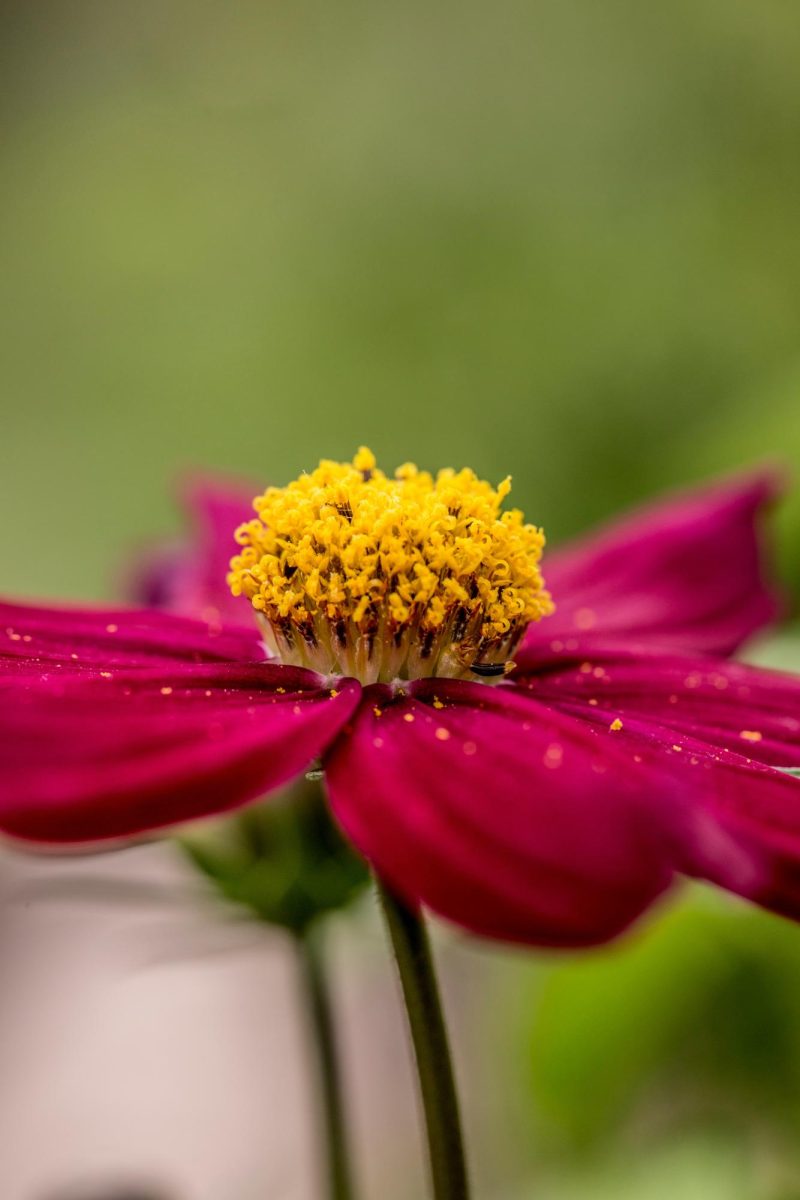Spring is a beautiful time of year. The flowers are blooming, the grass is getting greener, and… everyone is sneezing. It can be hard to enjoy the season through watering eyes and scratchy throats. One sniff of a flower and you’re stuck inside for a week. Allergies can make anyone want to avoid nature, especially as the seasons are changing.
The easiest way to avoid seasonal allergies is to stay inside. But this can make it difficult to enjoy spring, especially as a teenager. In high school, a large number of outdoor sports and activities begin in the spring. Sports like track and baseball are heavily outdoor-centered. Not participating in these activities can make any student feel disconnected or excluded. Dover freshman Emily Flood had this to say about her allergies: “They can really affect how I live my day-to-day life because it makes it hard to breathe and gives me a cough, so other people think I’m sick and don’t want to be around me.” This is a perfect example of students feeling left out because of their allergies.
Another easy way someone can keep pollen out of their system is to simply keep their windows closed. They could also invest in filtered air conditioning, but that can get pricey. Scientists have developed medicines and injections that strengthen the immune system against allergens, which have been shown to help a little. These medicines, however, are not a complete solution for the allergy season. Instead of getting rid of the allergies, it only slightly mitigates the symptoms.
A few years ago, someone asked me how people could evolve to be allergic to pollen when early humans spent all of their time outside. It seems very counterproductive to have a negative reaction to the world we live in and the resources we’ve used since the beginning of time. This got me thinking, why do people have seasonal allergies?
Baylor Scott from bswhealth.com describes allergies as “the modern-day expression of an ancient defense system designed to protect us from, of all things, parasites.” The allergic response was developed to protect humans from their main enemy at the time. Scott also says that “people with allergies live longer and have fewer cancers than those without allergies.” Because of the genetic superiority of defense against parasites, the immune system of people who experience seasonal allergies is preferable to one that does not.
Somewhere throughout history, certain types of pollen evolved to have a small amount of genetic code similar to that of a parasite. Because of the lack of exposure to parasites in modern society, the immune system tends to attack the pollen.
As of right now, there is no real way for individuals to eliminate their seasonal allergies. Scientists have been working on immunotherapy solutions, but this type of research is not a priority. It seems that those of us with hay fever will be stuck sneezing, at least until the end of spring.
Categories:
Seasonal Allergies
Emerson Edie, Staff Writer
May 5, 2025
Photo by Magda Pawluczuk on Unsplash
More to Discover
About the Contributor

Emerson Edie, Staff Writer
Emerson is a senior at DHS and a second-year member of Crimsonian. She also participates in marching band, steel band, and Art Club.







